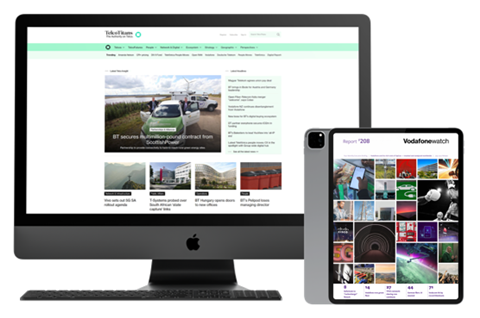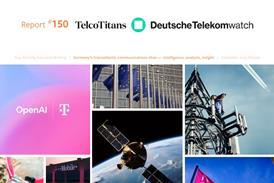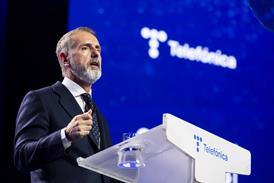Close menu
- Home
- Telcos
- Network & IT
- Infra
- People
- Finance & Strategy
- Events
- Regions
- Thought Leadership
- Premium
- TelcoX EMEA Leadership & Performance Study
Elsewhere in Germany: Tele Columbus gets takeover offer
Deutsche Telekomwatch2021-01-23T00:00:00

Source: Harry Cao / Unsplash
Another private equity play in Germany’s telecoms market, with Tele Columbus buyout adding a new competitive consideration for TDE around fibre and convergence.
This is TelcoTitans Professional Subscription content. Subscribe now.
Already a subscriber? Sign in here, or contact us to check if your company has access.

Become a TelcoTitans Professional Subscriber
Read this article and get full access to all TelcoTitans premium telco and digital infra content by subscribing today.
TelcoTitans Professional subscriptions include:
- Full access to all TelcoTitans online news, insight and analysis, including Professional-only and deep-dive content on leading tier-1 telcos
- Professional-only premium weekly CSP briefings and newsletters
- Industry-leading insight and analysis that you simply cannot get anywhere else
“Super intelligence, consistently high quality, compact and easy to digest” – Deloitte.






















